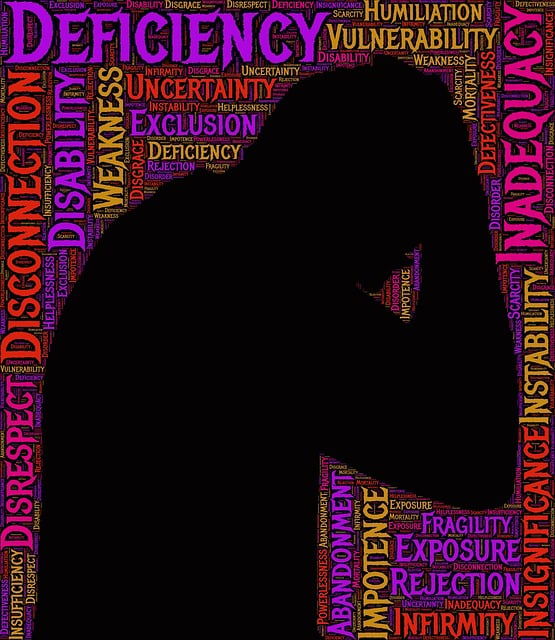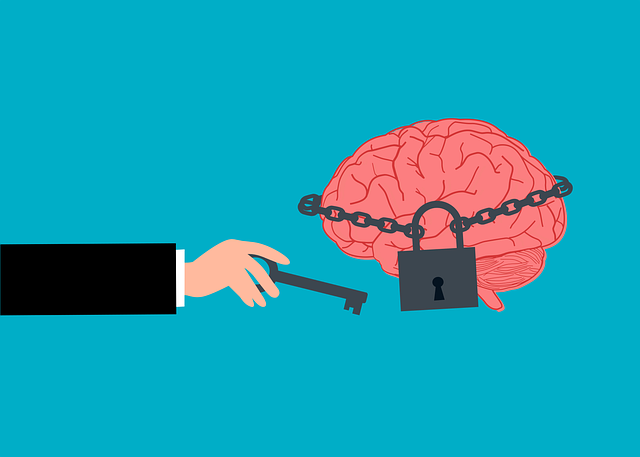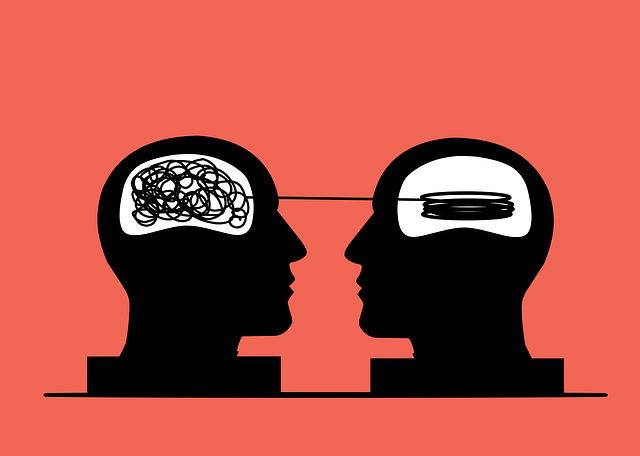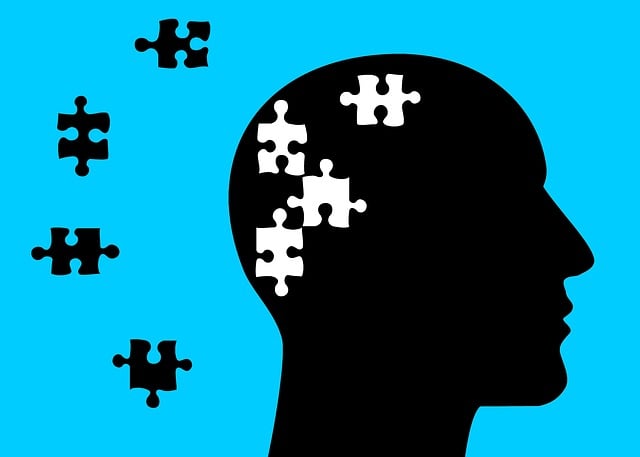Trauma significantly affects adults' emotional well-being, making therapy for adults crucial. EMDR (Eye Movement Desensitization and Reprocessing) therapy stands out as an effective tool to heal from traumatic memories and PTSD by addressing the connection between memories and sensory responses. This eight-phase approach, recognized by the American Psychiatric Association, equips individuals with resilience and coping skills. Skilled professionals assess suitability for EMDR therapy, integrating it into holistic mental wellness programs. Online platforms and resources facilitate access to trauma support, while risk assessments ensure safe, ethical practices for professionals.
Trauma can profoundly affect adults, yet accessing effective support remains a challenge. This article delves into the world of trauma healing, focusing on EMDR (Eye Movement Desensitization and Reprocessing) therapy—a revolutionary approach proven to aid adults recovering from traumatic experiences. We explore understanding trauma, identifying suitable candidates for EMDR treatment, the therapy process, and accessible support services crucial for a successful recovery journey. Discover how these elements combine to offer transformative healing for adults navigating the aftermath of trauma.
- Understanding Trauma and its Impact on Adults
- EMDR Therapy: A Revolutionary Approach to Healing
- Identifying Suitable Candidates for EMDR Treatment
- The Process of EMDR Therapy for Adult Trauma
- Accessing and Supporting Trauma Support Services
Understanding Trauma and its Impact on Adults

Trauma, a profound and often devastating experience, leaves an indelible mark on individuals, shaping their emotional landscape and overall well-being. For adults, understanding the complex nature of trauma is paramount in seeking effective support. It stems from a range of adverse events, from deeply distressing personal experiences to systemic injustices, each carrying unique implications for mental health.
The impact of trauma extends far beyond the initial incident, manifesting as persistent feelings of fear, anxiety, and disassociation. It can disrupt an individual’s ability to regulate emotions, leading to flashbacks, nightmares, and intense triggers that hinder daily functioning. Enter EMDR (Eye Movement Desensitization and Reprocessing) therapy—a specialized approach designed to facilitate emotional healing processes. By focusing on the connection between traumatic memories and the body’s sensory responses, EMDR empowers adults to develop inner strength, fostering resilience and a sense of control. Moreover, culturally sensitive mental healthcare practices are essential in addressing trauma, ensuring that support is tailored to an individual’s unique background, experiences, and needs.
EMDR Therapy: A Revolutionary Approach to Healing

EMDR Therapy stands as a revolutionary approach to healing, specifically tailored for adults grappling with trauma. This therapy method facilitates the processing of distressing memories, helping individuals to work through and recover from the psychological effects of traumatic events. By focusing on the connection between distressing memories, thoughts, feelings, and bodily sensations, EMDR allows patients to process these experiences in a safe and controlled manner.
This innovative therapy has gained recognition for its effectiveness in treating post-traumatic stress disorder (PTSD) and other trauma-related conditions. The American Psychiatric Association even includes EMDR as a recommended treatment for PTSD. Beyond addressing symptoms, EMDR Therapy empowers individuals with resilience-building skills, enabling them to manage stress and reduce the impact of future traumatic events. Organizations specializing in stress management workshops often incorporate EMDR techniques into their programs, recognizing its value in promoting holistic well-being and effective stress reduction methods.
Identifying Suitable Candidates for EMDR Treatment

Identifying suitable candidates for EMDR (Eye Movement Desensitization and Reprocessing) treatment is a critical step in ensuring effective therapy for adults. This specialized form of therapy has proven successful in helping individuals process traumatic memories and reduce symptoms associated with post-traumatic stress disorder (PTSD). Professionals skilled in EMDR assessment tools can recognize clients who may benefit most from this approach, considering factors like the nature and severity of trauma, the duration since the event, and co-occurring conditions.
Mental wellness coaching programs often incorporate development of these skills, including risk management planning for mental health professionals, to ensure safe and effective treatment. By understanding which patients are best suited for EMDR, therapists can guide their clients towards tailored interventions, ultimately fostering improved mental health awareness and enhanced recovery from traumatic experiences.
The Process of EMDR Therapy for Adult Trauma

Eye Movement Desensitization and Reprocessing (EMDR) therapy is a well-regarded approach to treating adults who have experienced trauma. The process begins with a thorough assessment to understand the patient’s history and specific traumatic events. Once established, the therapist guides the individual through a structured eight-phase treatment plan. This involves helping them recall and process distressing memories while simultaneously engaging in bilateral stimulation, typically eye movements, sounds, or tactile signals.
The bilateral stimulation aids in desensitizing the individual to the trauma memory, reducing its emotional intensity. As the therapy progresses, patients develop new coping mechanisms and insights into their traumatic experiences. This not only lessens the impact of the trauma but also promotes positive thinking and stress management skills, contributing to mental illness stigma reduction efforts.
Accessing and Supporting Trauma Support Services

Accessing trauma support services is a crucial step towards healing and recovery for individuals who have experienced traumatic events. Many people struggle to reach out for help, often due to feelings of shame or fear associated with their trauma. However, various resources are available to make therapy more accessible, including online platforms offering remote sessions, reducing geographical barriers. For adults seeking specialized support, Eye Movement Desensitization and Reprocessing (EMDR) therapy has proven effective in treating complex trauma. This form of therapy helps individuals process and resolve distressing memories, emotions, and beliefs related to traumatic events.
The journey towards healing is unique for everyone, so it’s essential to explore different support systems. Mental wellness podcast series can be a great starting point, providing valuable insights into various therapeutic approaches. Additionally, production teams dedicated to creating mental health content can offer practical advice on stress reduction methods tailored to individuals’ needs. For professionals in the field, conducting thorough risk assessments is vital to ensure safe and ethical practices when supporting those with trauma.
Trauma support services, especially EMDR therapy, have proven effective in healing adults affected by traumatic experiences. By understanding trauma’s profound impact and identifying suitable candidates, we can access these revolutionary approaches to foster recovery. EMDR therapy offers a structured process to address past traumas, enabling individuals to regain control over their lives. Accessing these services is essential, and supporting those who seek help through tailored care ensures a more promising future for adults navigating the challenges of trauma.














